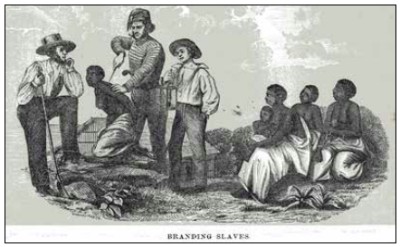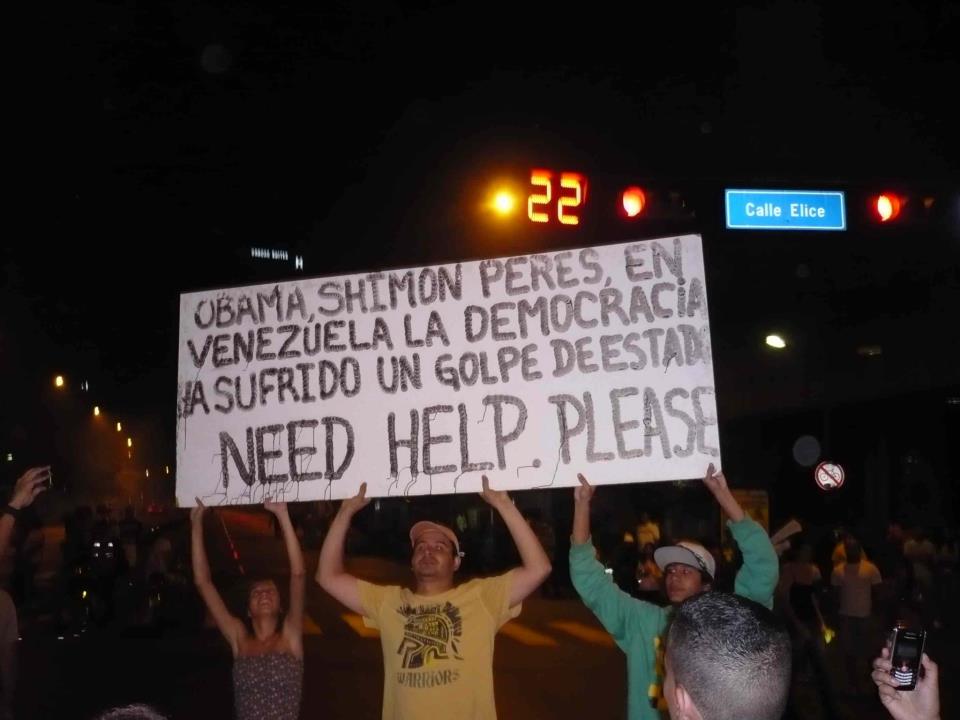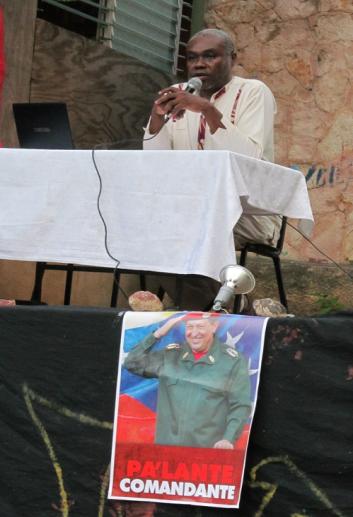European Parliament to Hear Arguments for Restitution of Haiti’s Independence Debt
On May 16 and 17, the London-based Pan-Afrikan Society Community Forum (PASCF) will address the European Parliament on the issue of reparations for slavery and colonialism.
Oxalando Efuntola-Smith, Executive Director of Communications of the PASCF, will make the case for reparations before the Parliament.
“We see the case of Haiti as central to the argument for reparations,” Omowale Ru Pert-em-Hru, PASCF’s Executive Director of Operations, told Haïti Liberté.
For their presentation before the European Parliament, the PASCF requsted supporting letters from other organizations in the UK and around the world.
Below we present the letters submitted by the Office of International Lawyers (BAI) and the Institute for Justice and Democracy in Haiti (IJDH), as well as that from Haïti Liberté.
Lire la suite »European Parliament to Hear Arguments for Restitution of Haiti’s Independence Debt


